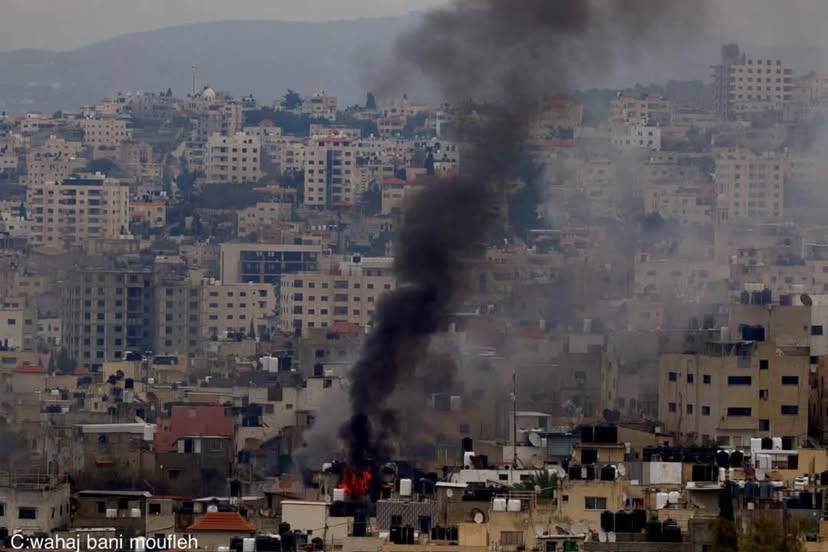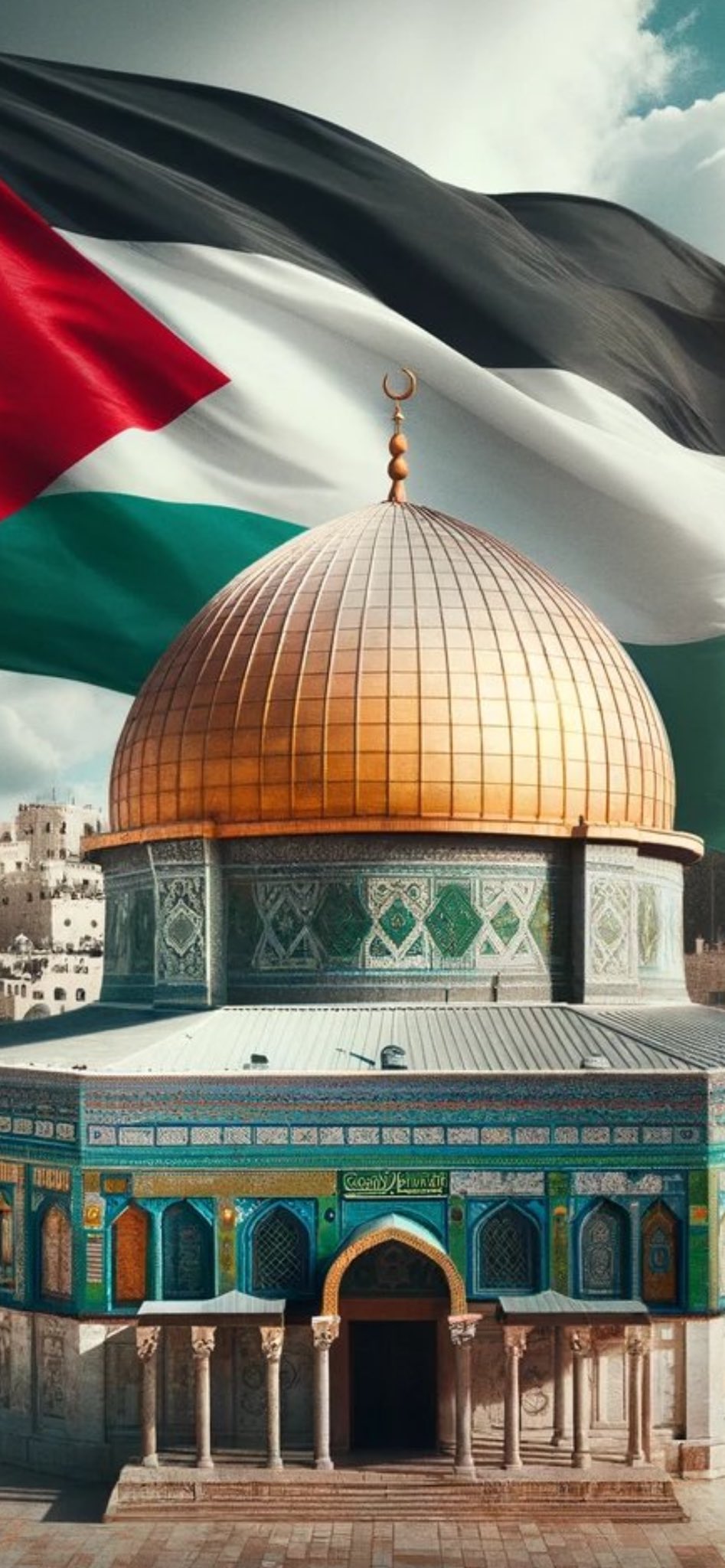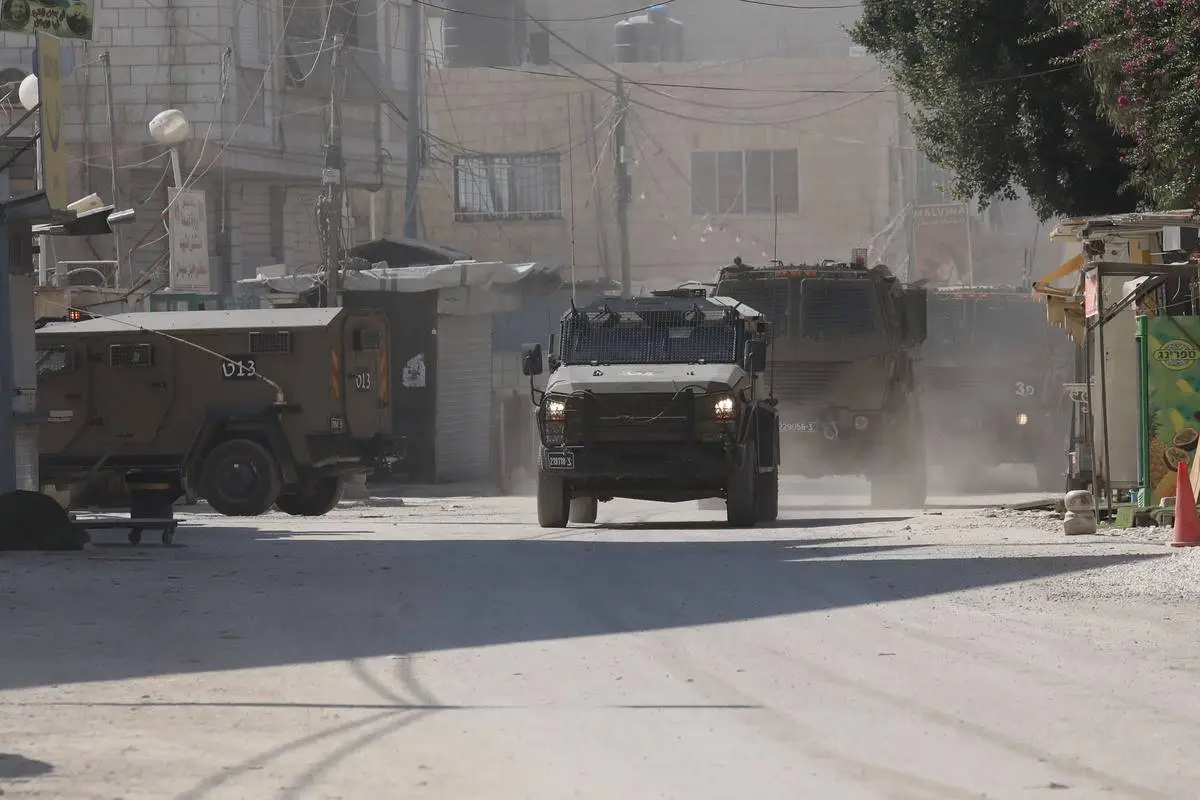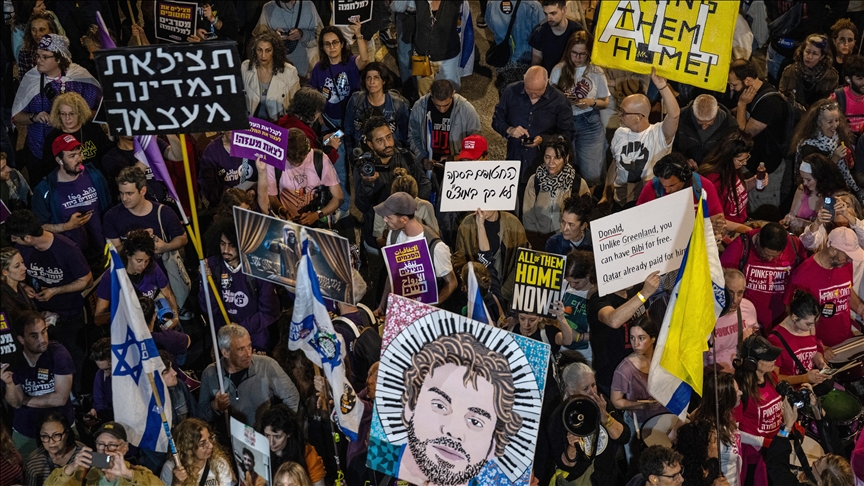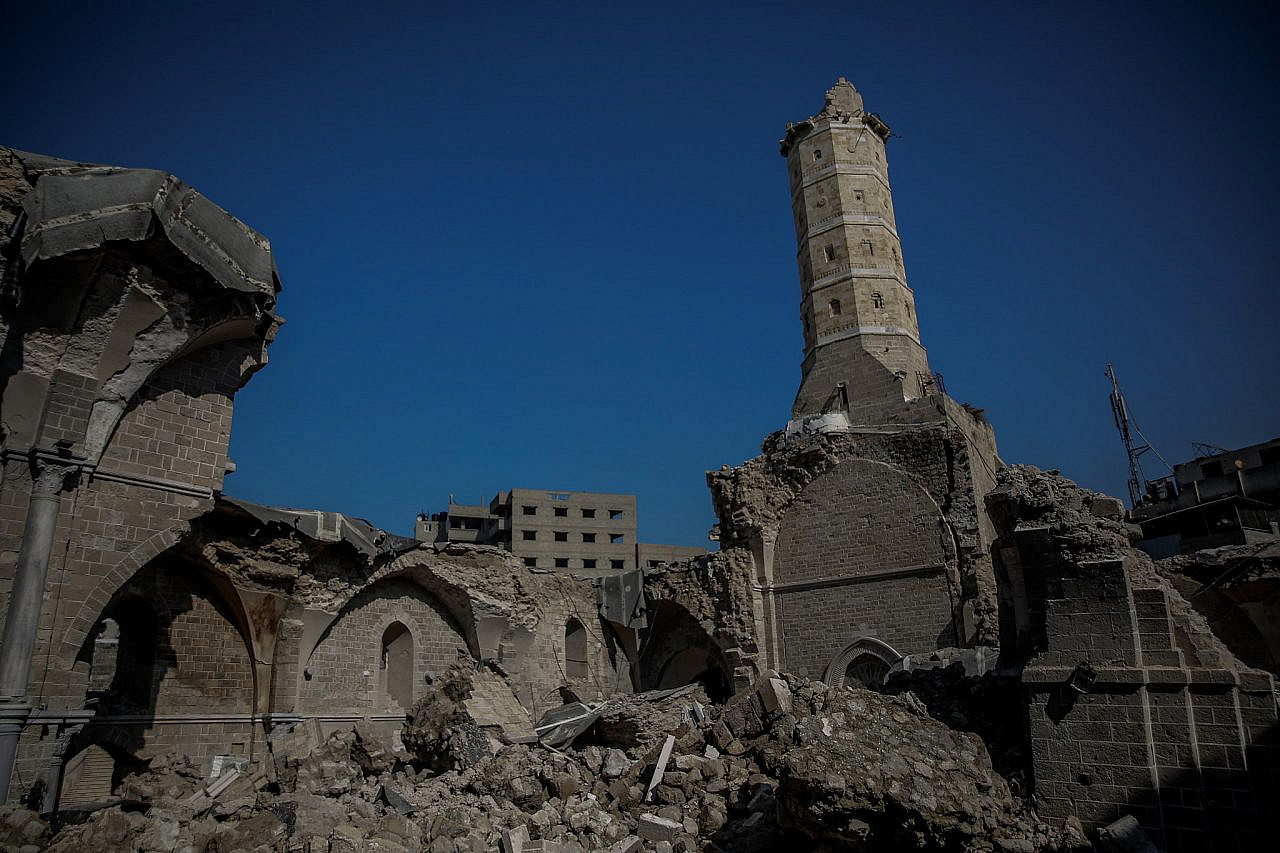By Imran Khalid
Amid the ongoing violence and devastation in Gaza, much of the world has turned a blind eye to the equally volatile but less overt conflict simmering in the West Bank. While not as brutally visible as Gaza’s plight, the situation in the West Bank is equally dangerous, threatening to ignite unrest that could destabilize the Palestinian Authority and fuel ethnic cleansing.
Israel has steadily expanded settlements, demolished homes, and seized large swaths of land, targeting civilians in the process. Yet, global attention remains fixated on Gaza and Israel’s escalating war with Hezbollah in Lebanon. It is as if the world has forgotten that just a year ago, many feared the West Bank, not Gaza, would become the primary battleground between Israelis and Palestinians. Over the past two decades, the nature of the Israeli-Palestinian conflict has diverged significantly between Gaza and the West Bank. After Israel’s 2005 unilateral disengagement from Gaza, the region was left without Jewish settlers, creating a different kind of friction compared to the West Bank. [1]
Settlements are expanding day by day
On March 22, Israel’s Finance Minister Bezalel Smotrich announced the largest West Bank land seizure since 1993, setting a new course for Israeli settlement policy [2]. The move by Smotrich to declare 800 hectares in the Jordan Valley as state land paves the way for further development of settlements in this area sharing some 50 kilometers with Jordan.
For the Palestinians, who distrust such moves, seeing them as serious threats to the creation of an independent Palestinian state — this feels like a knife in their back. It is the latest land grab that Palestinians see as a last step before creating an independent and contiguous state. Settlement expansion — which set a record last year, according to Israeli monitoring group Peace Now — has cast doubts over the feasibility of a two-state solution. The largest threat to the long term stability of the land is that, with each designation of land as state property, the probability of having peace shrinks. The ongoing expansion of settlements, land confiscation, and rising settler violence — often carried out with impunity — only compound the difficulties. In some cases, this is further exacerbated by the incident in which the Israeli army is providing either direct or tacit support.
The Palestinian Authority’s Ministry of Health has stated that 716 Palestinians have died in the West Bank from Israeli military and settler violence since Oct. 7, including 160 children. Today, more than 5,750 have been wounded and over 10,000 detained in siege [3]. Nearly all arrests take place without going through a proper legal process, with the detainees imprisoned under Israel’s “administrative arrest” system – a method that bypasses international standards and in many cases denies those held the right to see either an attorney or even forthright details of the charges against them.
The two-state solution is being destroyed by Israel
The Israeli government is being accused more and more of implementing an annexation plan in the West Bank. The ramifications of this should alarm all nations that have historically supported a two-state solution, as verbal assurances and well wishes do little to mitigate the reality that Israeli security forces now operate at will in Area A — sovereign Palestinian Authority territory under the Oslo Accords [4].
Adding to this escalating tension are the inflammatory statements from Israeli officials. Israeli Foreign Minister Israel Katz over the weekend compared the military operations in Jenin and Tulkarm to those in Gaza, saying that we are at “war in every sense.” [5] His proposal of a similar evacuation process along the frontier where Palestinian civilians could be temporarily moved will only serve to add further fuel to the fire in an already volatile region.
Despite domestic political turmoil, Israeli Prime Minister Benjamin Netanyahu has artfully dodged blame as violence in Gaza and the West Bank rumbles on. He has practically dismissed calls for a two-state solution and openly defied the International Court of Justice. Netanyahu refuses to yield, a position that has crippled the fragile peacekeeping efforts in Gaza and aggravated fears of renewed violence in the West Bank. Netanyahu has now many excuses that could provide convenient cover for changes aimed at further entrenching Israeli control over the region.
The fate of the major part of the West Bank is crucial; without it, any prospective two-state solution will be dashed. Within Netanyahu’s ruling coalition are elements who seem intent on this very outcome, exerting considerable influence over the prime minister. In this context, Israeli Foreign Minister Israel Katz’s inflammatory rhetoric about the West Bank is more than just careless language — it may be a deliberate signal of the government’s intentions. As Netanyahu’s administration edges closer to what appears to be a calculated annexation strategy, the international community should question whether this is not only a consequence of policy but its very purpose.
[1] https://www.ndtv.com/world-news/israel-palestine-gaza-hamas-explained-israels-2005-gaza-disengagement-plan-and-full-siege-order-4466132
[2] https://www.aljazeera.com/news/2024/3/22/israel-seizes-800-hectares-of-palestinian-land-in-occupied-west-bank
[3] https://www.unocha.org/publications/report/occupied-palestinian-territory/humanitarian-situation-update-204-west-bank
[4] https://www.france24.com/en/middle-east/20240326-israel-s-largest-land-seizure-since-oslo-accords-deals-fresh-blow-to-palestinian-statehood
[5] https://www.timesofisrael.com/katz-slams-borrell-for-saying-he-called-for-displacement-of-west-bank-palestinians/
This opinion is reprinted from the Anadolu news agency.

